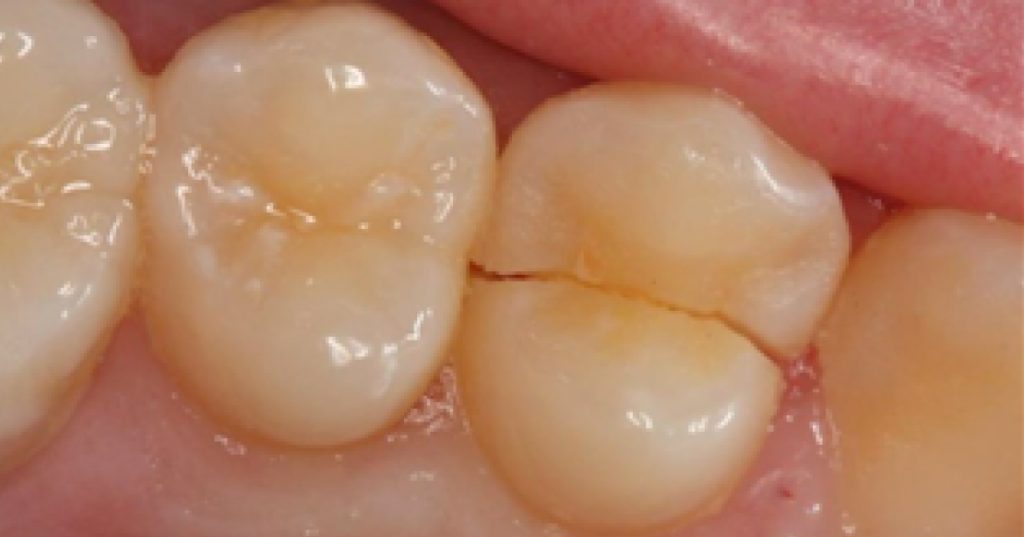Creating Connections Through Spear Study Club
One of Dr. Karl Andreasen’s passions is sharing the importance of continued education with his Minnesota-based colleagues and helping them connect to each other.
He has established a CE program for dentists through the St. Paul District Dental Society and is the leader of two local Spear Study Clubs.
Graduating from dental school at the University of Iowa in 1992 was just the first step in a lifelong love of education for Dr. Andreasen. After graduation, he enrolled in a general practice residency at Hennepin County Medical Center in Minneapolis and developed an interest in oral and maxillofacial surgery. He continued to hone his surgical skills in a clinical fellowship at the VA Medical Center/University of Minnesota.
Dr. Andreasen completed his oral and maxillofacial residency at the University of Minnesota in 1998 and then joined the School of Dentistry’s faculty. He served as clinic director and director of student education, leading resident training, various continuing education initiatives and research projects. He co-founded a national review course for oral and maxillofacial surgeons in 2001 and lectured for several years on dentoalveolar surgery, trauma, and wound healing.
Study Club: The foundation for interdisciplinary care
Before he joined Spear, Dr. Andreasen described himself as an isolated specialist who did prescriptive treatment and interacted with his referring doctors on rare occasions.
“I knew bigger, better things were possible,” he said, adding that he wanted to leverage his clinical potential and provide patients with better care. “I knew I was disconnected from my community and could be spending my time more efficiently.”
In 2010, Dr. Andreasen launched his first Spear Study Club, co-led by a local orthodontist. His goal was to increase his practice profitability through developing and strengthening relationships with referring doctors in his network. After launching his club, he quickly established a system to work collaboratively with referring doctors to prepare patients for optimal interdisciplinary care.
Today, he strives to make his club meetings meaningful and motivating. The learning modules provided by Spear include guided discussion videos, pre- and post-treatment images, and diagnostic models from actual cases. Dr. Andreasen said his members also present their own cases, while he frequently brings in guest speakers and other doctors to provide unique perspectives to clinical challenges.
Attending Spear Seminars with your club
Dr. Andreasen realized the importance of traveling to Scottsdale, Arizona, with club members to attend events at Spear Campus. He described the experience of being on campus and developing camaraderie and trust with club members as “transformative.” While some club members didn’t know each other, attending a Spear seminar allowed them to socialize and learn together.
The seminar also provided essential clinical training, including a comprehensive look into systematic treatment planning and proven steps for achieving predictable clinical results.
“Attending a Spear Campus event was a great way to get all club members in the same mindset and provided a foundation of baseline concepts,” Dr. Andreasen said. “Through Spear, you’ll develop relationships with your staff, partners, referring doctors, and patients that will drive absolutely everything you do.”
Interdisciplinary relationships have flourished thanks to Dr. Andreasen’s study club meetings and members’ involvement in Spear seminars. He noted that doctors who initially viewed each other as competitors are now collaborating and even taking vacations together, and all members are now completing major interdisciplinary cases on a routine basis.
Spear Study Clubs drive results
Dr. Andreasen’s practice saw a 15% increase in revenue in 2017 and a 25% increase in overall billings, which he attributes directly to his study clubs. He is having fun and enjoying his role as a club leader, with a passion for inspiring other doctors.
The experience has been so powerful that Dr. Andreasen launched a second study club. Today, his clubs have 20 members. Through his leadership, members have reported countless success stories and claim that patients are more satisfied with interdisciplinary care. They now understand that relationships with patients and referring doctors are what truly drive their practices forward.
SPEAR STUDY CLUB
Join a Club and Unite with
Like-Minded Peers
In virtual meetings or in-person, Study Club encourages collaboration on exclusive, real-world cases supported by curriculum from the industry leader in dental CE. Find the club closest to you today!

By: Kaitlyn Thompson
Date: July 19, 2019
Featured Digest articles
Insights and advice from Spear Faculty and industry experts



